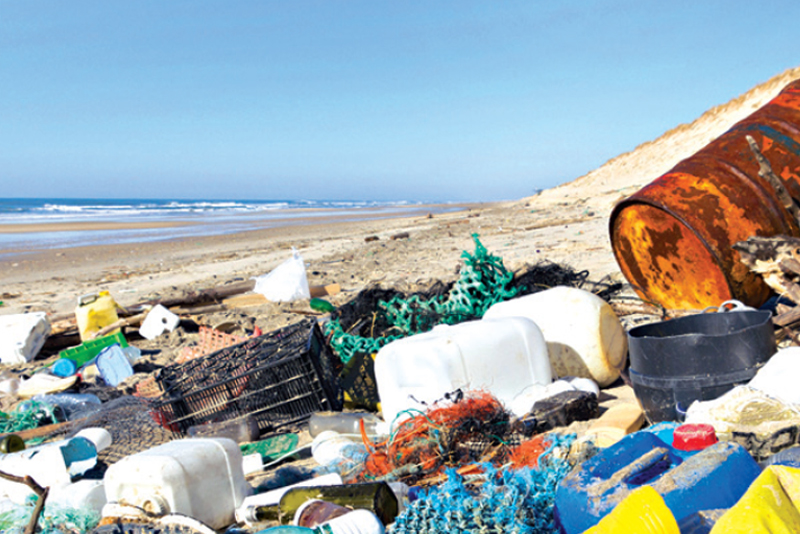

Just as the second wave of COVID-19 showed signs of receding, India was hit by the fury of Cyclone Tauktae.

The Cyclone Tauktae battered cities on the west coast of India right from Kerala to Gujarat, leaving behind a trail of broken homes, uprooted trees, flooded plantations and loss of life. Goa and Gujarat were the worst affected states—where almost 70% of Goa had no electricity and cellular network for four days, the agricultural sector of Gujarat and Diu took a major hit as the cyclone washed out banana, mango and other fruit plantations. Tauktae set an already struggling Indian economy back by ₹15,000 crore.
While weather bureaus had given India enough warning to prepare for the cyclone, which was tagged as extremely severe, questions are being asked as to why the Oil and Natural Gas Corporation (ONGC), which is a government-owned crude oil and natural gas corporation, did not take its people off its barges. The Indian Navy and Coast Guard had to be brought in to save the lives of close to 600 ONGC workers who were out at sea and sadly, a few of them lost their lives in the cyclone.
In Mumbai, the sea threw back close to 62,010kgs of trash onto the beaches in three days! With almost all drains entering the sea in Mumbai, the ocean threw back what we throw into its waters! In fact, this happens at least once every year, and yet we fail to manage our waste better! When are we going to start listening to warning signs?
Cyclones were known to form in the Bay of Bengal during the arrival and departure of the monsoon, but now they have started to develop in the Arabian Sea too. It is being said that global warming has brought about these changes in the environment. If we don’t pay attention to nature’s warnings, we are surely headed into tougher times.





